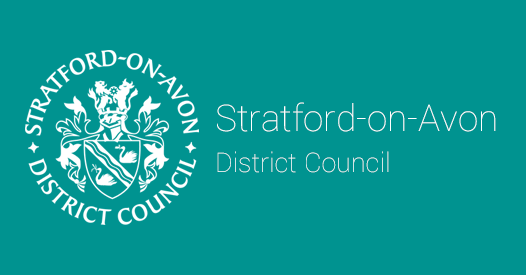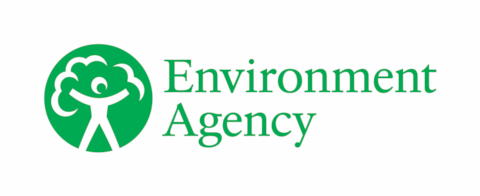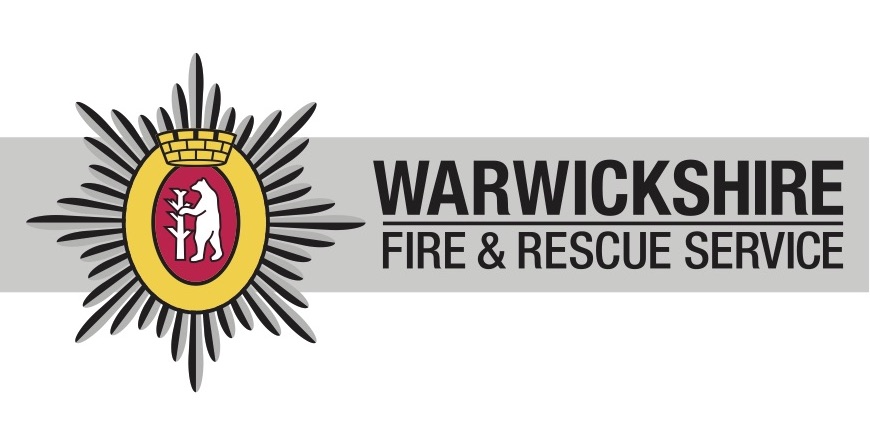Animal Disease
What is the risk of animal disease in Warwickshire?
Animal disease can occur and spread amongst wild birds, wild animals, domesticated animals, and farmed livestock.
Current issues include avian influenza, and since 2021/22, there have been outbreaks of H5N1 avian influenza in captive and wild birds in the UK as well as across Europe and other parts of the world. There have been findings in wild birds in Warwickshire as recently as April 2025.
Early in 2025, the UK Health Security Agency (UKHSA) confirmed a human case of influenza A (H5N1) in England. Bird-to-human transmission of avian influenza is rare and has previously occurred a small number of times in the UK. The risk to the wider public from avian influenza continues to be very low.
Swine flu was declared a pandemic in 2009 by the World Health Organisation, with widespread cases across the UK. While now managed, it remains an example of how diseases that originate in animals can spread quickly among people.
In 2001, the UK experienced a major outbreak of foot-and-mouth disease, leading to the culling of over six million animals, widespread disruption to the agricultural sector, and significant economic and social impacts, particularly in rural communities.
How could animal disease
affect you and your family?
Animal diseases have a serious consequence for Warwickshire’s farming industry and the food chain. Movement and travel restrictions brought in to reduce the spread of disease can damage rural industry and the wider economy.
Other potential impacts include:
- Economic loss for farmers and related industries due to culling of animals or trade restrictions.
- Reduced availability and increased prices of certain food products.
- Disruption to rural tourism and local events.
- Increased biosecurity measures which may affect daily routines on farms and in affected areas.
- In some cases, certain animal diseases may pose a health risk to people (zootonic diseases), requiring extra caution and public health measures.
Being aware of these risks helps individuals, businesses and communities prepare and respond effectively.
We can all be better prepared to
respond and recover from animal diseases
Follow these practical steps so you and your family can be better prepared for animal diseases:
If you keep livestock, you must:
Register your land details with the rural payment’s agency.
Register your livestock with the Animal and Plant Health Agency (APHA) and the Local Authority Animal health advice – Warwickshire County Council.
If you keep more than 50 birds, register with Defra
Keep farm records accurate and up to date
If you're unsure about stringent hygiene, use Defra-approved disinfectants and follow biosecurity best practices
Sign up to receive the latest news of exotic notifiable animal disease outbreaks in Britain
Plan ahead
This will help you, your family and community, avoid a disease outbreak and possible animal problems, more information at:
How to prepare
your business
Find your emergency contacts for animal diseases
Dealing with Animal Disease when an outbreak occurs:
- Be vigilant and report any signs of disease without delay. Livestock Disease Outbreaks | CSW Resilience Team (cswprepared.org.uk).
- Notifiable diseases in animals - GOV.UK (www.gov.uk).
- Immediately report any signs of exotic notifiable disease in your animals to the Animal and Plant Agency (APHA) (tel. 03000 200 301).
- Comply with any restrictions or instructions that are in place such as bio-security and disposal of animal by-product restrictions.
- Keep livestock/birds inside during animal health disease outbreaks and follow guidance related to control zones. More guidance on safe bird housing here.
- Cleaning and disinfecting after an outbreak of animal disease produces more wash water with higher concentrations of disinfectant than routine cleaning. Guidance on how to prevent pollution from cleaning can be found at: www.gov.uk/guidance/animal-disease-outbreak-prevent-pollution-from-cleaning-and-disinfection.
General guidance:
- Always follow the Countryside Code www.gov.uk/government/publications/the-countryside-code/the-countryside-code-advice-for-countryside-visitors.
- If you see dead wild birds, report it to Defra (www.gov.uk/guidance/report-dead-wild-birds) or via phone on 03459 335577.
- If you see a dead animal on public land (wild or domestic) report it to your District and Borough Council. Do not touch or handle the carcass.
What is being done to become
better prepared?
LRF partners are responsible for Animal Health, continuously monitoring animal health outbreaks and deaths across the country to identify emerging trends early.
We will prepare an emergency plan to reduce the spread of disease should an outbreak occur.
We will also work with farmers and livestock keepers to:
- Raise awareness of animal disease.
- Promote good biosecurity and hygiene practices.
- Advise on licensing and movement control conditions.
- Enforce movement restrictions and other control measures promptly in affected areas.
- Co-ordinate communication and support to help farmers comply with regulations and protect animal health.
Who is responsible for managing
animal diseases in the county?
Visit the Department for Environment, Food & Rural Affairs website – For information about animal disease prevention and the latest animal disease news updates.
Further advice can be found at Warwickshire County Council’s website -
Some of our partners















Start Editing Here.